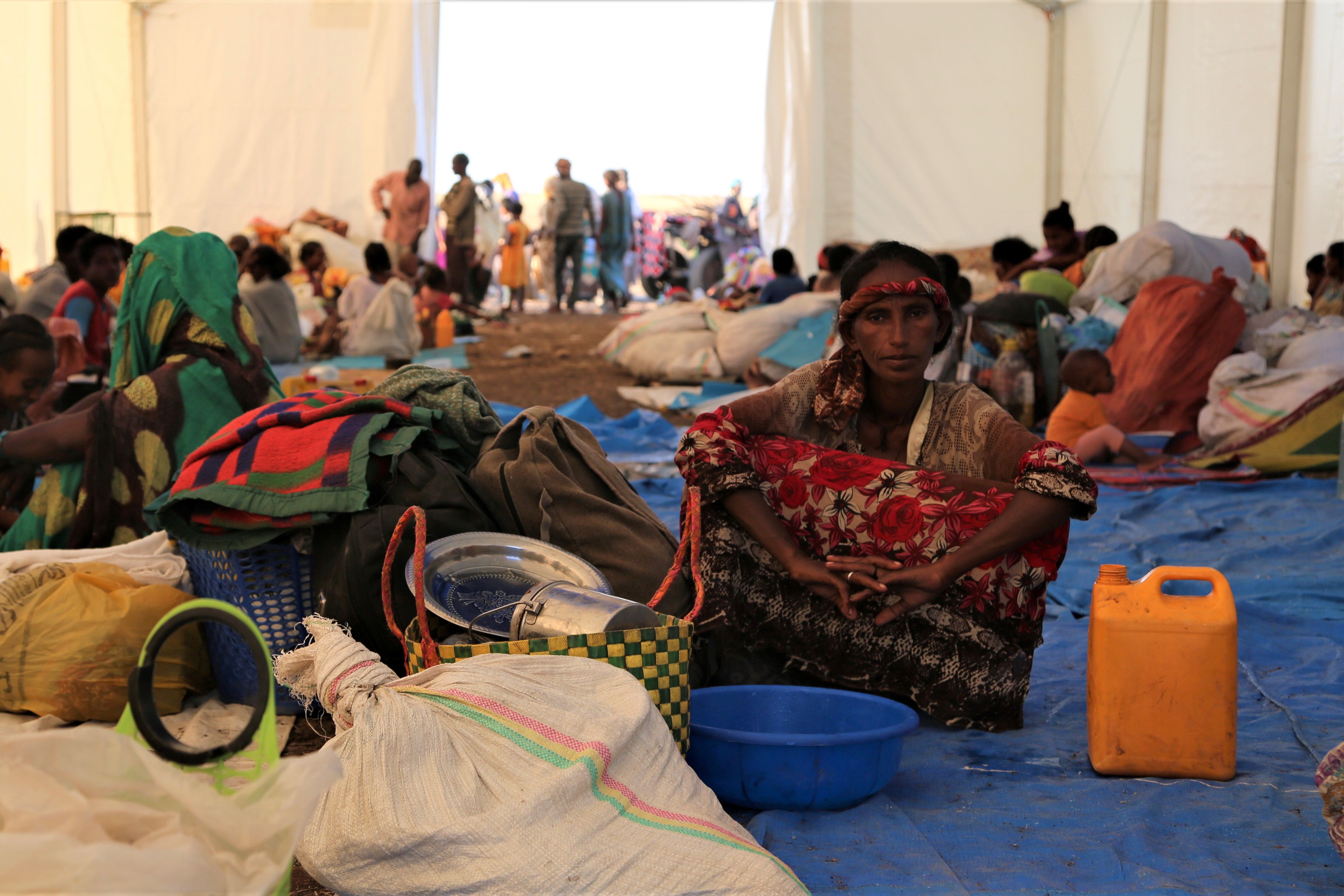News
November 19, 2020
4,000: As many as 4,000 Ethiopians are crossing into Sudan each day as violence in the Tigray region intensifies, causing a mass exodus that's sparked a full-blown "humanitarian crisis," according to the UN. Meanwhile, the Ethiopian government said that it is closing in on Tigray's capital after fighting a weeks-long battle against a coalition led by the radical Tigray People's Liberation Front.
250,000: More than 250,000 people — that's a quarter of a million — have now died from COVID-19 in the United States. This grim milestone comes as debates are raging in various states over how and if to apply new restrictions as coronavirus cases surge. If current trends continue, the Institute for Health Metrics and Evaluation projects the US could top 438,000 deaths by March.
39: An investigation by the Australian Defense Forces into its own conduct in Afghanistan found that elite Australian troops unlawfully killed 39 Afghans from 2005 to 2016. The report, released Thursday after four years of probing, said that the Aussie troops' conduct in Afghanistan was "possibly the most disgraceful episode in Australia's military history."
21 billion: UK Prime Minister Boris Johnson said his government will direct a whopping $21 billion (16.5 billion pounds) to the country's military over the next four years, enabling the armed forces to up their cyber and space game, and modernize weaponry. The military investment, Britain's biggest since the Cold War, is in part motivated by Johnson's desire to show US President-elect Joe Biden that the UK is committed to having a strong military capacity after Brexit, analysts say.More For You
Global conflict was at a record high in 2025, will 2026 be more peaceful? Ian Bremmer talks with CNN’s Clarissa Ward and Comfort Ero of the International Crisis Group on the GZERO World Podcast.
Most Popular
Think you know what's going on around the world? Here's your chance to prove it.
Indian Prime Minister Narendra Modi isn’t necessarily known as the greatest friend of Muslim people, yet his own government is now seeking to build bridges with Afghanistan’s Islamist leaders, the Taliban.
French President Emmanuel Macron, German Chancellor Friedrich Merz, Ukrainian President Volodymyr Zelenskiy, U.S. Special Envoy Steve Witkoff and businessman Jared Kushner, along with NATO Secretary-General Mark Rutte and otherEuropean leaders, pose for a group photo at the Chancellery in Berlin, Germany, December 15, 2025.
Kay Nietfeld/Pool via REUTERS
The European Union just pulled off something that, a year ago, seemed politically impossible: it froze $247 billion in Russian central bank assets indefinitely, stripping the Kremlin of one of its most reliable pressure points.
© 2025 GZERO Media. All Rights Reserved | A Eurasia Group media company.
